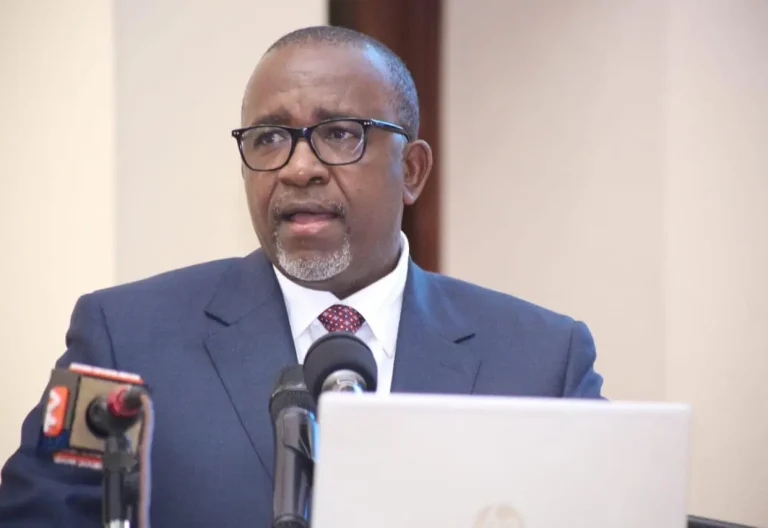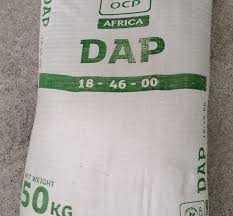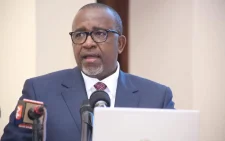Linturi defends role in fertilizer scandal, says substandard does not mean fake

Former Agriculture Cabinet Secretary Mithika Linturi has come out to defend himself following his alleged involvement in the fertiliser scandal that rocked his tenure.
Speaking during an interview with a local TV station on Tuesday, May 13, 2025, Linturi acknowledged that substandard fertiliser had indeed been released into the market.
However, he argued that substandard should not be equated with fake, as many Kenyans have been led to believe.
Mithika’s explanation
He explained that when a fertiliser is labelled as substandard, it simply means it falls short of the required mineral content or chemical components.
This, he said, does not make the product counterfeit.
According to Linturi, such fertiliser can still be absorbed by crops, although it may not produce optimal results.
To illustrate his point, he gave an example of NPK fertiliser, which should ideally contain 10% nitrogen, 26% phosphorus, and 10% potassium.
If the potassium component, for instance, is only 8% instead of the required 10%, the fertiliser is considered substandard—but not fake.
He emphasised that while the crop may not benefit fully, the fertiliser still performs to some extent.

“When you produce fertiliser that falls short of the standard—say, 10 and you produce 8, or 26 and do 24, or 10 and end up with 7—that does not mean the product cannot be taken up by the plant. What that means is that the plant might not get the maximum benefit after using the fertiliser because it has fallen below the required standard,” Linturi said.
He further clarified that the fertiliser at the centre of the scandal during his time in office was indeed substandard, not fake, as had been widely described.
Linturi also claimed the issue became highly politicised, leaving little room for truth to prevail and making him the subject of intense public backlash.
“When the matter became politicised, we lost direction in terms of management. We are in a country where, once someone is subjected to a lynch mob, nobody wants to hear the truth,” Linturi said.
He went on to explain that part of the misunderstanding and the reason he was unable to clearly communicate the facts stemmed from a lack of full control over the ministry.
According to him, conflicting statements were issued by individuals within the ministry, further complicating the situation.















